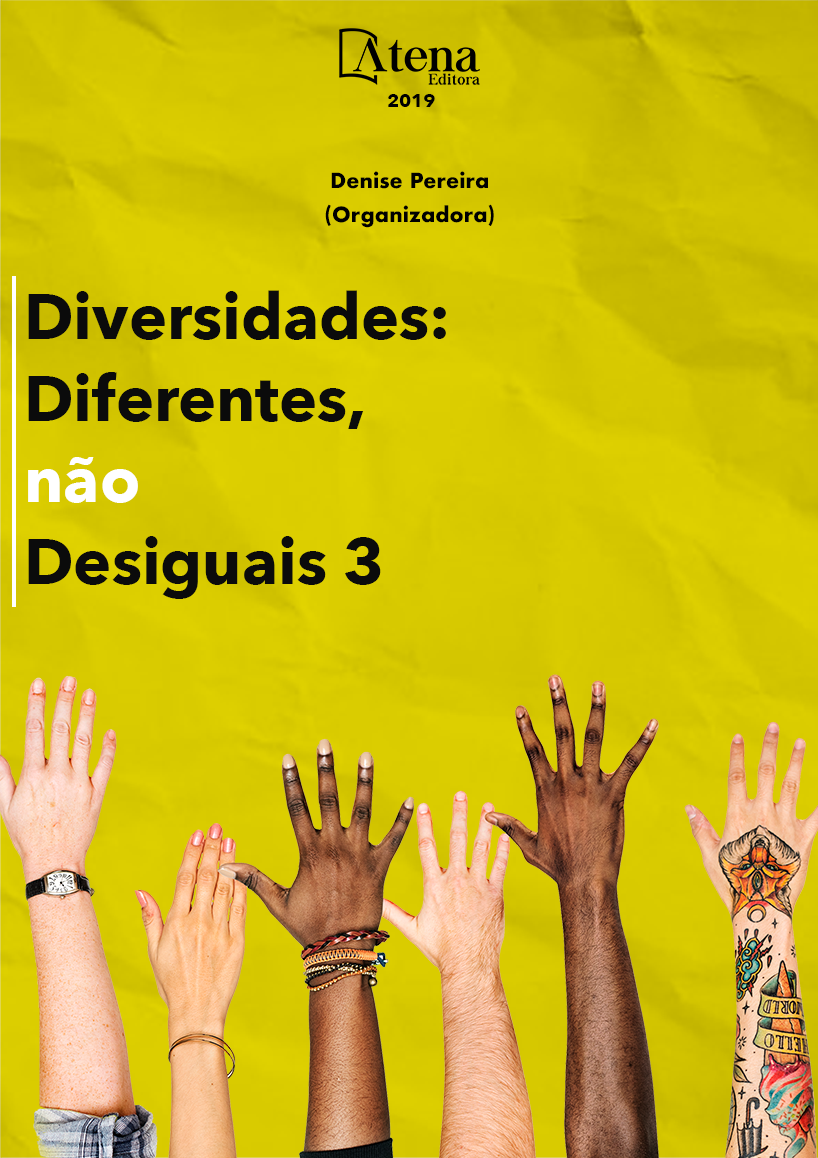
MÍDIA E NEGRITUDE: O USO DOS FILMES NA (DES)CONSTRUÇÃO DE ESTEREÓTIPOS
A referência à população negra
brasileira ainda se constitui a partir de
estereótipos que foram fixados a partir de
processos históricos e em sua formação social.
Isso porque a cultura eurocêntrica, dada sua
condição hegemônica, acaba por colocar a
cultura negra em uma condição subalterna
desde os tempos da escravidão reduzindo-a
a elementos pejorativos ou de pouca
expressividade. Ao estigmatizar o outro – neste
caso a população negra – se desconsideram
suas contribuições para a construção social,
econômica, política e cultural do Brasil,
reforçando os estereótipos que reforçam e/ou
inferiorizam o sujeito, colocando-o em posição
de desvantagem e fraqueza o que pode se dar
por meio de diversos artefatos, dentre eles os
culturais. Dentre os artefatos culturais que nos
cercam e contribuem para fixar nossa identidade,
podemos citar os filmes. O presente trabalho
busca analisar a contribuição dos filmes na (des)
construção de estereótipos da população negra
bem como as possibilidades de problematizar
essas questões nos ambientes escolares por
compreendermos os filmes pedagogias culturais
que possibilitam essa desconstrução na escola.
Partiremos do pressuposto da Lei 10.639/03
(que inclui a obrigatoriedade da História e
Cultura Afrobrasileira na rede de ensino) e
da Lei 13.006/14 que traz a obrigatoriedade
da exibição de filmes de produção nacional
no componente curricular complementando
a integração da proposta pedagógica da
escola. Assim, analisaremos a contribuição
dos filmes na identidade da população negra
na perspectiva dos Estudos Culturais, tendo
como referencial teórico Tomaz Tadeu da Silva
(2014), Kathryn Woodward (2014), Stuart Hall
(2003; 2014; 2015), Douglas Kellner (2001),
Elí Fabris (2008), Elizabeth Ellsworth (2001) e
Zygmunt Bauman (2005).
MÍDIA E NEGRITUDE: O USO DOS FILMES NA (DES)CONSTRUÇÃO DE ESTEREÓTIPOS
-
DOI: 10.22533/at.ed.9261905026
-
Palavras-chave: Identidade. Midia. População negra.
-
Keywords: Identity. Media. Black population.
-
Abstract:
The reference to the Brazilian black
population still is constituted from stereotypes
that was fixed from historical processes and in
their social formation. This is because Eurocentric
culture, given its hegemonic condition, ends up
placing black culture in a subaltern condition
from the time of slavery, reducing it to pejorative or little expressive elements. By
stigmatizing the other - in this case the black population - their contributions to the
social, economic, political and cultural construction of Brazil are ignored, reinforcing
the stereotypes that reinforce and/or inferiorise the subject, placing him in a position of
disadvantage and weakness. which can occur through various artifacts, among them
cultural ones. Among the cultural artifacts that surround us and contribute to fix our
identity, we can mention the films. The present work seeks to analyze the contribution
of the films in the (de) construction of stereotypes of the black population as well as
the possibilities of problematizing these issues in school environments because we
understand the films cultural pedagogies that allow this deconstruction in the school.
We will start from the assumption of Law 10.639 / 03 (which includes the obligation of
History and Afro-Brazilian Culture in the educational network) and the Law 13.006/14,
which obliges the exhibition of films of national production in the curricular component
complementing the integration of the pedagogical proposal of the school. Thus, we
will analyze the contribution of the films in the identity of the black population in the
perspective of Cultural Studies, having as theoretical reference Tomaz Tadeu da Silva
(2014), Kathryn Woodward (2014), Stuart Hall (2003; 2014; 2015), Douglas Kellner
(2001), Elí Fabris (2008), Elizabeth Ellsworth (2001) e Zygmunt Bauman (2005).
-
Número de páginas: 15
- Teresa Kazuko Teruya
- Wellington Junior Jorge
- Izaque Pereira de Souza


